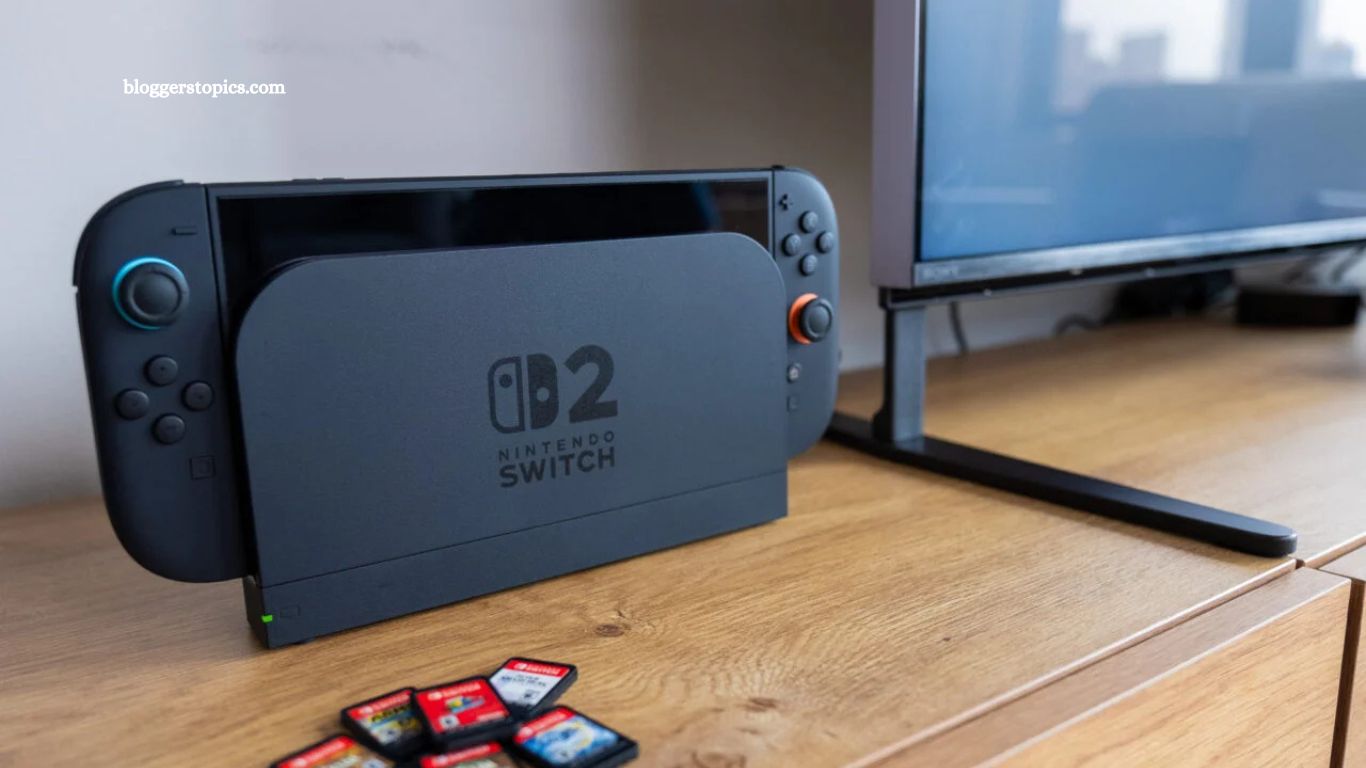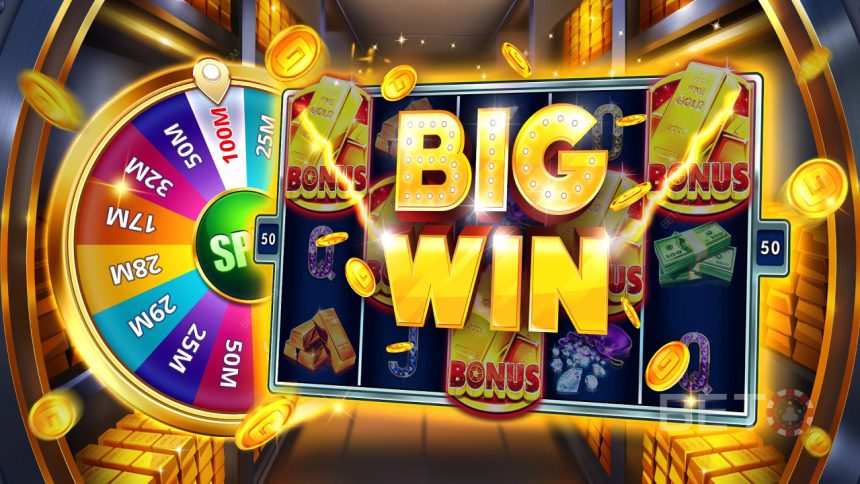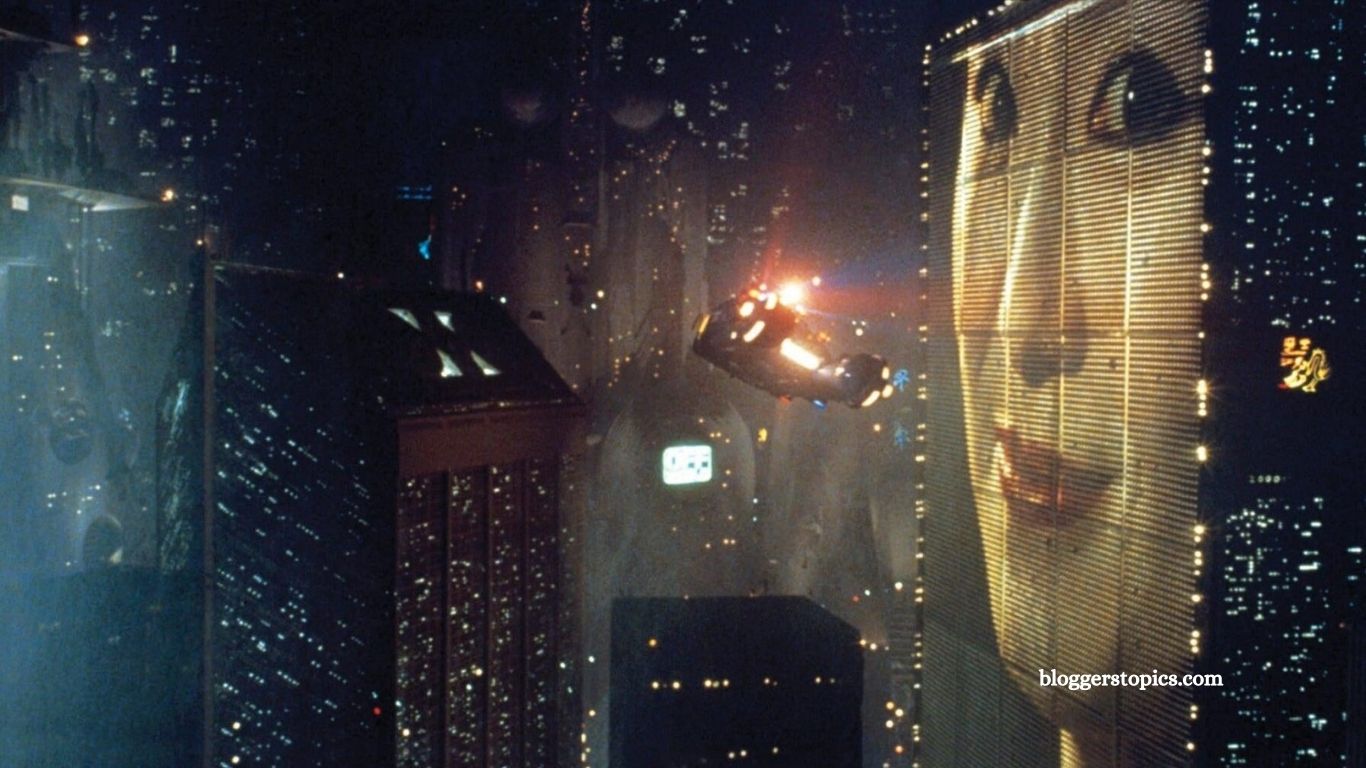Over the weekend, Nintendo quietly released a survey asking players how they prefer to buy and play games on the upcoming Switch 2. Within 48 hours, the company pulled the poll offline but not before it went viral, tapping into a groundswell of frustration. At the center of the controversy is Nintendo’s increasing reliance on game-key cards physical cartridges that don’t contain the full game, but merely a download code.
For many players, especially collectors and preservationists, these game-key cards signal a disturbing shift. The Switch 2 is poised to become a turning point where the last meaningful strands of physical game ownership begin to unravel.
Read More: Master Your Wellbeing with a 1-Minute Daily Health Check-In
What Are Game-Key Cards and Why Are They a Problem?
Nintendo has confirmed that these game-key cards “don’t contain the full game data.” Instead, they include a unique key that allows players to download the game after inserting the card. The only tangible benefit over a full digital purchase is that the card can be resold or shared. But in nearly every other respect, these cards offer the worst of both worlds:
- They still require an internet connection.
- They’re vulnerable to theft or loss.
- They provide no actual game preservation value.
- They tie ownership to a revocable license, not a permanent copy.
Under Nintendo’s licensing terms, a digital download is not true ownership. The company reserves the right to restrict access to your software and even deactivate your system if piracy is suspected. Game-key cards are simply another form of DRM digital rights management designed to control how users interact with the content they purchase.
Game Preservation and the Illusion of Access
Even if you never break a single rule, there’s no guarantee that your digital games will remain accessible in the future. Nintendo has already shut down its Wii U and 3DS eShops, ending the ability to purchase new titles. While existing owners can still re-download their games for now those servers won’t last forever.
As author and digital rights advocate Cory Doctorow put it in a statement to Gizmodo:
“Nintendo could distribute a game with a physical token and create a situation where players truly own the games they buy… Instead, this amounts to ‘a downloadable game you can’t play if you lose the little dingus that came with it’—not a game that is yours to play for as long as you want.”
Flash Storage Costs and Industry Constraints
Why are publishers choosing game-key cards over full physical game cartridges? One major factor is cost. Larger flash storage formats are more expensive, and reports suggest that Nintendo has prioritized offering 64GB game cards to its own internal studios—leaving third-party developers with limited options.
Some titles prove that full physical releases are still possible. Cyberpunk 2077, for example, is available on a 64GB Switch 2 game card. But it remains an outlier. Titles like Street Fighter 6 (50GB) and even lower-fidelity games like Octopath Traveler 0 will ship on game-key cards despite their manageable sizes.
A recent patent filing spotted by the Nintendo Patent Watch account hints that Macronix—the supplier for original Switch game cards—may be preparing to manufacture new formats with varying capacities. But this is far from confirmation that publishers will use them.
Physical Media Offers Consumer Protections
The shift to digital or pseudo-physicalgames erodes consumer choice in more ways than one. In a healthy physical market, retailers compete by offering discounts, promotions, and trade-in value. Digital marketplaces don’t function the same way. Prices remain fixed, and there’s no secondary market for digital content.
Nintendo has reported strong early Switch 2 software sales—8.67 million units in the first seven weeks after launch—but much of that is driven by digital bundles, such as the version of Mario Kart World that comes pre-installed on the $500 launch console.
Still, physical ownership remains important to Nintendo’s audience. Even in 2024, more than 47% of Switch game sales were physical, according to Circana analyst Mat Piscatella. In contrast, digital sales dominate on platforms like PlayStation 5.
Why This Moment Matters
The Switch 2 could be the last major console where physical games are still viable—if players push back now. If game-key cards become the standard, we risk a future where physical packaging is nothing more than a façade, disguising a completely digital ecosystem controlled by platform holders.
The debate is not about nostalgia. It’s about ownership, preservation, and consumer rights in a market increasingly hostile to them. If we allow game-key cards to become normalized, we may look back at this moment as the beginning of the end for physical games.
TL;DR:
- Game-key cards are not real physical copies they’re just DRM-laden download tokens.
- True game ownership is being phased out in favor of licenses that can be revoked.
- Nintendo fans must act now to preserve physical games as a viable option.
Frequently Asked Questions (FAQ)
What is a “game-key card”?
A game-key card is a physical cartridge for the Nintendo Switch 2 that does not contain the full game data. Instead, it holds a license key that allows you to download the game online. It’s essentially a physical access point to a digital product.
How is that different from a normal physical game?
Traditional physical game cards contain the entire game on the cartridge. Once you insert it, you can play without needing an internet connection or downloading the full game. Game-key cards require you to download the game, even though you’ve purchased something physically.
Why is Nintendo using game-key cards?
Game-key cards allow publishers to save money by avoiding the higher costs of larger-capacity physical game cards. There are also supply constraints—early reports suggest Nintendo reserved larger-capacity cartridges for first-party titles, limiting what third-party developers can use.
Can I sell or trade a game-key card?
Technically, yes you can sell or give away the physical card. However, since it only provides a digital license, the next owner may not be able to download the game if the key has already been redeemed or if servers are no longer online.
Do I own the game if I buy a game-key card?
No. Like digital downloads, game-key cards only grant you a license to play the game, not true ownership. Nintendo’s terms allow it to restrict access or revoke licenses in certain conditions, such as account bans or service shutdowns.
Conclusion
The introduction of game-key cards on the Nintendo Switch 2 marks a troubling shift in the gaming industry—one that threatens the very concept of owning what you buy. These pseudo-physical releases blur the line between ownership and access, offering little more than a license wrapped in plastic. For longtime Nintendo fans, collectors, preservationists, and players with unreliable internet, this isn’t progress it’s erosion.







